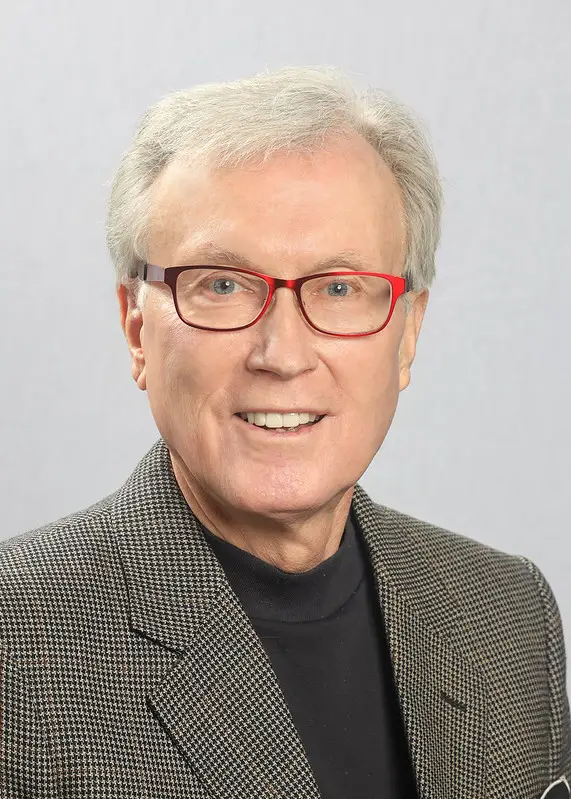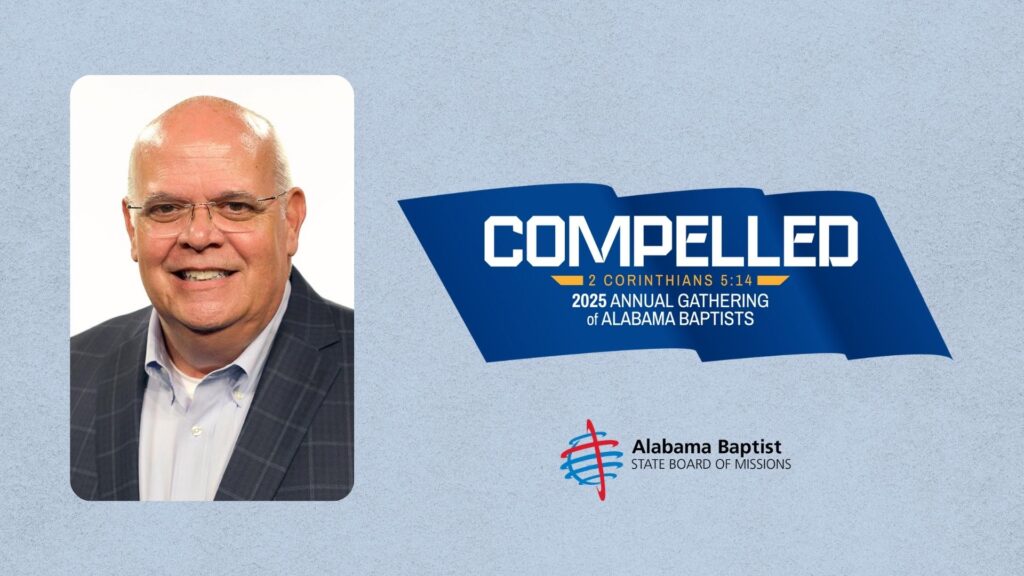For some, the summer of 1969 is memorable because of the moon landing. Astronaut Neil Armstrong’s first words as he walked on the lunar surface still echo through time: “one small step for man, one giant leap for mankind.” That was an eventful moment for Americans and all people of the world.
For others, the infamous Charles Manson murders define the summer of 69. To this day, those horrendous killings represent a surreal time for civilized people who cannot understand the senseless actions by a band of irrational followers of a maniacal man called Charles Manson. I am numbered among those who feel that way.
Still others look back longingly or inquisitively to the summer of ’69 as a controversial cultural festival called Woodstock. This gathering of hundreds of thousands of young people has become a focal point of study for socio-historians and other learned observers. They seek to make it a hermeneutic of the time.
For me, the summer of ’69 was a time when I had to grow up quickly. On Labor Day weekend my father died from a post-operative complication, and my world changed radically. I had not yet attended my first day of classes at Samford. My mother, who passed away last year, was in a period of major shock. I was young and impressionable, seeking some kind of stability in the midst of this crisis.
I think about my father almost every day. I especially remember him on such anniversaries. This is a big anniversary for me. Four decades have passed, and many years of experiences have come my way. Yet I pause and reflect over the brief time we had together as father and son.
My father was a WWII veteran, who was a crew member on the Flying Fortress, a B17. He served his time for his country, and he came home to build a life. He worked hard with limited education. His devotion to the Lord and his service as a deacon impressed his son and led to introspection as to what the Lord wanted for his young life.
By the time of my father’s passing, he had heard my earliest sermons. Many more were to come. In many ways, I have felt a bit impoverished by the fact that he was not there to witness some of the high points of my life and ministry. When Pam and I married, my dad was not able to be the “best man.” When our girls were born, his absence was also felt.
Indeed, the summer of ’69 is very well remembered by me. I recall with pride the lunar landing and the first walk by Neil Armstrong. I was shocked by the Charles Manson murders. The Woodstock event left me mystified. However, that Labor Day in 1969 changed my life. Every time I hear the description “the summer of ’69,” I recall the passing of a role model, my father. That was the summer of ’69 for me.


